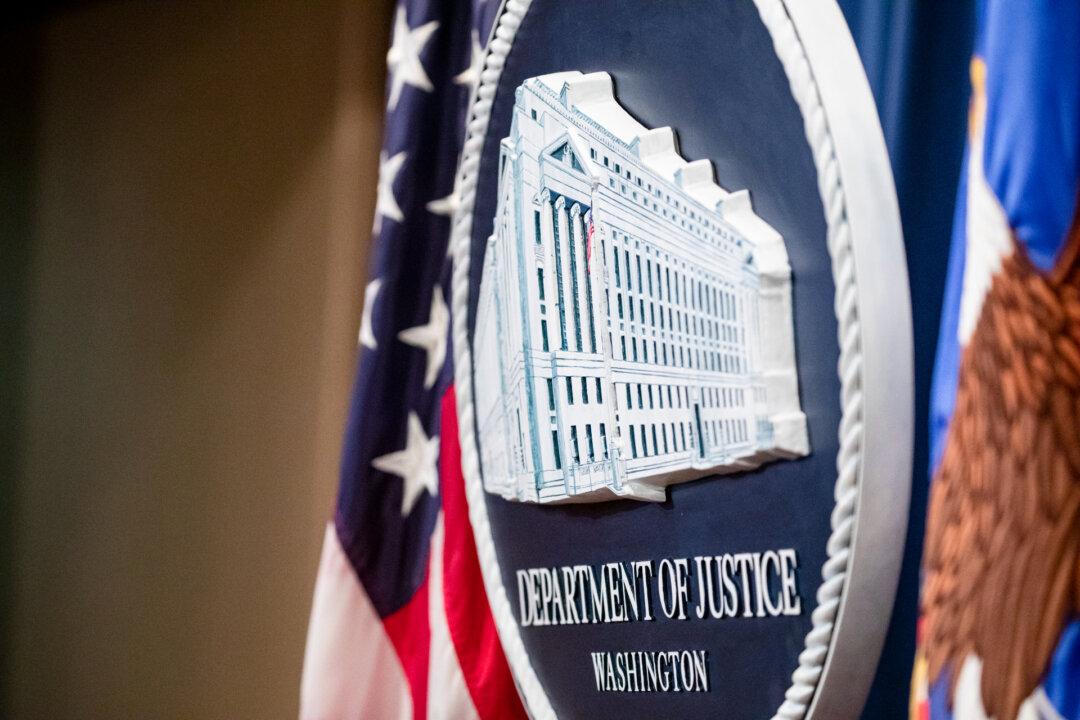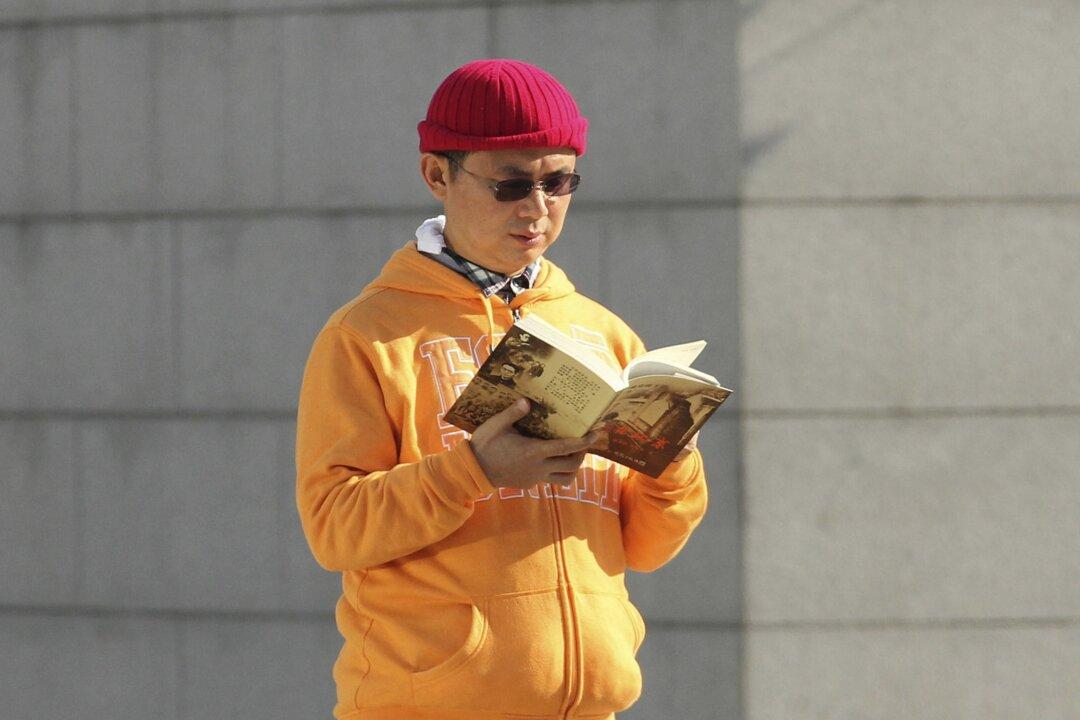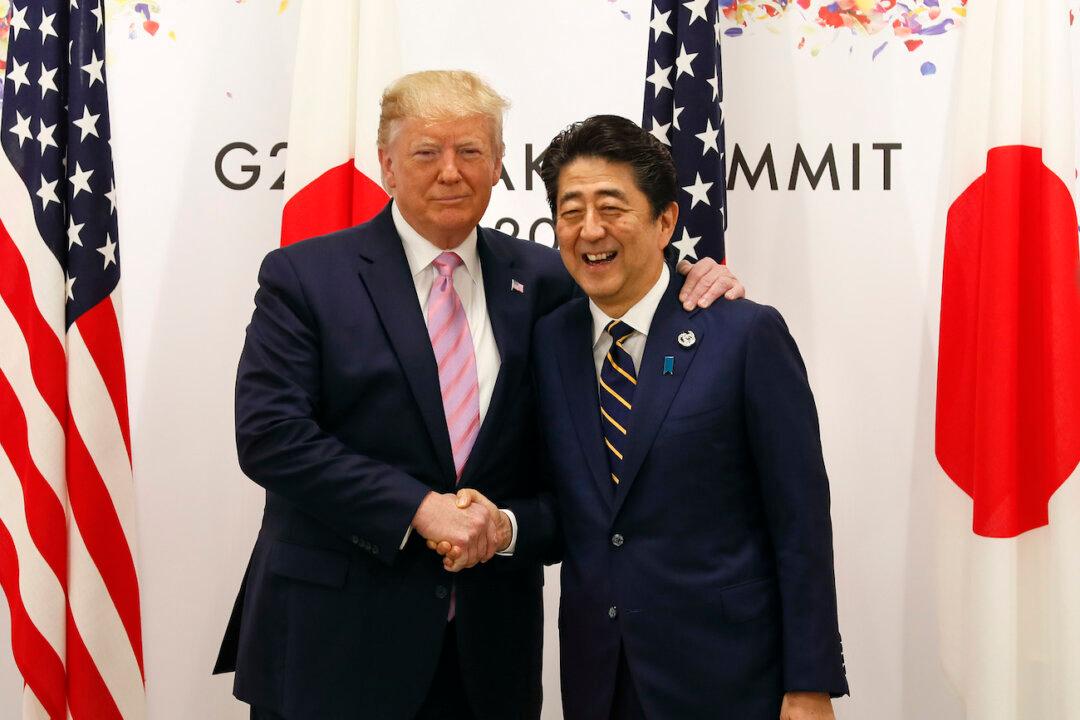Recently, reports about fake COVID-19 vaccines in China have been carried by Chinese media outlets and spread by people on Chinese social media as virus outbreaks continue to worsen in parts of the country.
According to the media reports, police in Beijing and the provinces of Jiangsu and Shandong rooted out a crime ring that was manufacturing and selling fake COVID-19 vaccines.





